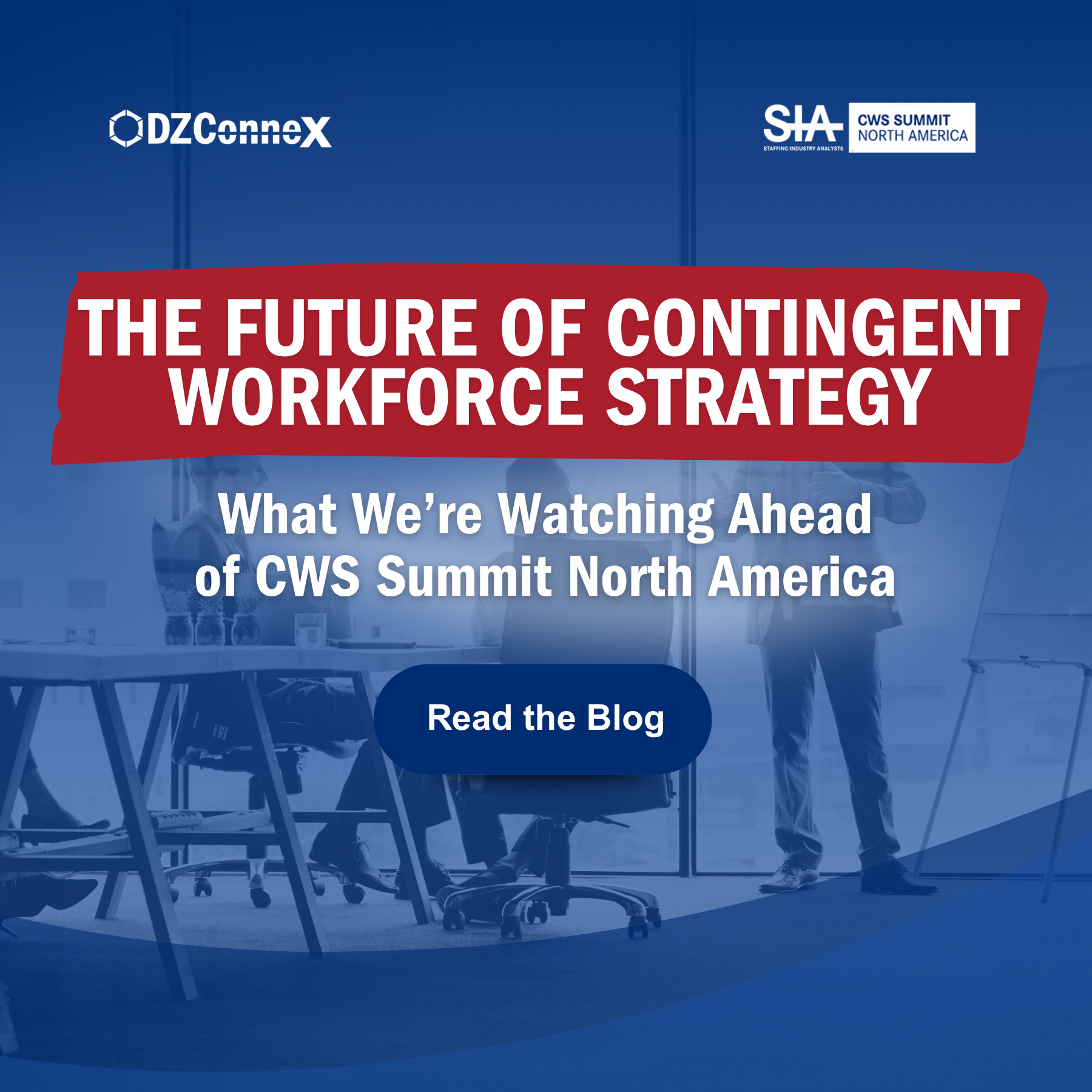Lab Hiring in 2026: The Essential Guide for Life Sciences Leaders
The life sciences industry is evolving fast and 2026 will only accelerate that pace. From...
Honest takes on technology, leadership, and progress. Because every breakthrough starts with a human insight worth sharing.

The life sciences industry is evolving fast and 2026 will only accelerate that pace. From...
November 20, 2025
/Specialty%20Practices%20Stock/Life%20Sciences/GettyImages-1287846309.jpg)
If you’re in clinical research, you already know the job market is tough. Resumes get you in the...
October 01, 2025

The global race to lead in Autonomous Vehicles (AVs) and Electric Vehicles (EVs) is accelerating....
September 24, 2025

The world of work looks a lot different than it did even a few years ago. From evolving labor laws...
August 25, 2025

The 2025 CWS Summit North America is right around the corner. From September 8 to 9, workforce...
August 12, 2025
/Specialty%20Practices%20Stock/Healthcare%20Stock/California%20HC%20-%20Long.jpg)
July 08, 2025
/Specialty%20Practices%20Stock/IT%20and%20Engineering%20Stock/GettyImages-1405739915.jpg)
Data centers are undergoing major changes as pressure mounts to modernize infrastructure for AI....
June 05, 2025
%20Size%20Photos/men%20shaking%20hands%20office%20windows%20abstract.jpg)
Whether you’ve recently signed a contract with a Managed Services Provider (MSP) or are in the...
June 03, 2025
/Specialty%20Practices%20Stock/IT%20and%20Engineering%20Stock/GettyImages-1320943678.jpg)
The U.S. job market is changing fast, with new AI technologies, demographic shifts, and...
June 03, 2025
/Specialty%20Practices%20Stock/Life%20Sciences/GettyImages-2172348599.jpg)
Advancements in biotech have been the driving force behind many of the innovations shaping food and...
May 28, 2025
/Specialty%20Practices%20Stock/IT%20and%20Engineering%20Stock/GettyImages-1432327140.jpg)
When you’ve been in staffing as long as I have, you start to notice certain patterns in interviews....
May 20, 2025
/Specialty%20Practices%20Stock/Healthcare%20Stock/HC%20Awareness%20Days%20Blog-long.png)
If you’re responsible for building or managing a healthcare team, you know how competitive it can...
May 07, 2025